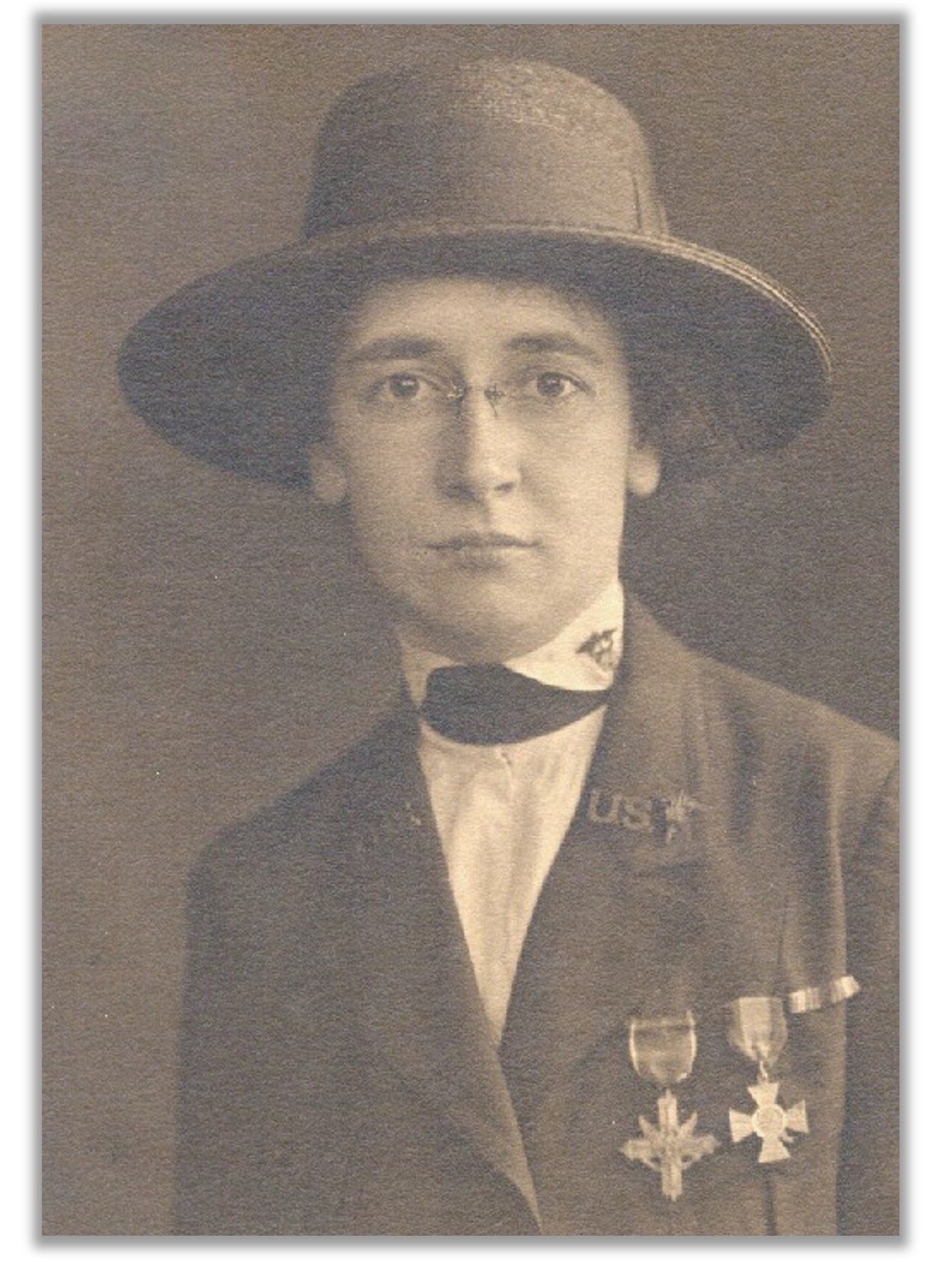TDIH: Helen McClelland, WWI Heroine
She was one of just three women to receive the Distinguished Service Cross during World War I.
On this day in 1919, a heroine leaves the Army Nurse Corps and returns to private life. Helen Grace McClelland was one of just three women to receive the Distinguished Service Cross during World War I.
She’d saved the life of one of the other recipients.
But did she consider herself a hero? In many ways, McClelland was just a regular American girl who stepped up when she was needed. She’d graduated from Pennsylvania Hospital’s School of Nursing in 1912, and she’d been working at a hospital in Virginia when World War I broke out.
The war changed everything. She knew that she had to go.
The United States was not yet formally involved in the war, but the Red Cross was asking for volunteers. Thus, McClelland served with the American Ambulance Service in France, then came home for a short stint afterwards. Her time home would be cut short when the United States officially entered the war in April 1917.
McClelland promptly joined the Army Nurse Corps, of course. She was dispatched to Europe (again!), assigned to an American surgical team. That team, in turn, was attached to British Casualty Clearing Station No. 61. McClelland was in Belgium, treating the wounded, by the summer.
None of it was easy. McClelland and other nurses were dealing with cramped quarters and inadequate supplies. They were expected to treat anything from gunshot wounds to gangrene to chemical burns. They spent time on the front lines, exposed to enemy fire—which is exactly where McClelland was on August 17, when the Germans attacked.
“We were asleep in our tents and awakened by the humming of German motors,” McClelland later wrote in her diary. “Then the bombs began to drop. We reached for our ‘tin hats’ that we always kept hanging on our cots along with our gas masks. Even with my eyes closed, I saw the flashes from the explosion. The concussion was terrific.”
Her fellow nurse and tentmate, Beatrice MacDonald, was badly injured in the initial attack when shrapnel hit her in the face. She was hemorrhaging, in danger of dying, but McClelland managed to get the bleeding stopped. Throughout the night, she went back and forth between her friend and the wounded soldiers.
Artillery fire was raining down all around her.
In the end, MacDonald would lose her eye. But she also managed to get back on her feet during the night, and she bravely joined McClelland in treating the wounded soldiers. Both women received a Distinguished Service Cross for their actions that evening.
McClelland also received the British Royal Red Cross, First Class.
After the war, the young nurse returned to the private sector. She would eventually become the Director of Nurses at Pennsylvania Hospital, where she designed training programs for nurses. That program became nationally accredited under her leadership.
“Helen Grace McClelland, perhaps more than any other single person, shaped the nursing school and nursing services at Pennsylvania Hospital,” Stacey Peeples, lead curator and historian at the hospital recently concluded.
Indeed, McClelland remained with Pennsylvania Hospital until she retired, with only one exception: Naturally, she wanted to help during World War II, although her role in that war was more administrative.
McClelland finally retired when she was nearly 70 years old. She spent her twilight years gardening, fishing, and hunting. Would you believe that, on top of it all, she was a good shot? It was said that she could “hit a woodchuck in the eye with a .22-caliber rifle from 75 yards.”
But, after all, she was just a regular American girl: Brave, determined, giving—and capable.
Sources can always be found on my website, here.





Helen Grace McClelland is a woman that needs to be remembered. To have served twice in Europe during that first war, and then go back, and serve yet again is inspiring. And topping that with using her experiences to develop nursing training, using her experience to help create an even better nurse trying program is to be long remembered.
Thank you, Tara Ross, for sharing this wonderful person with us! What a nurse! Great story! She was indeed a great American woman, patriot, and nurse!